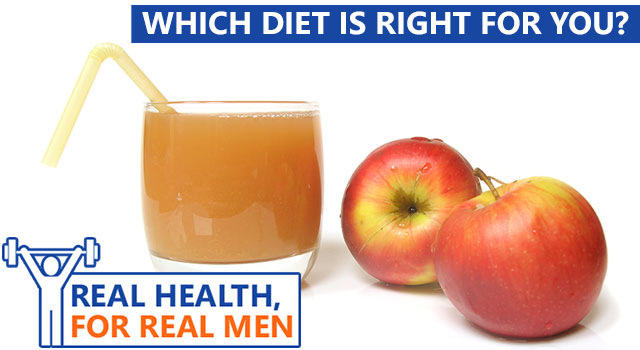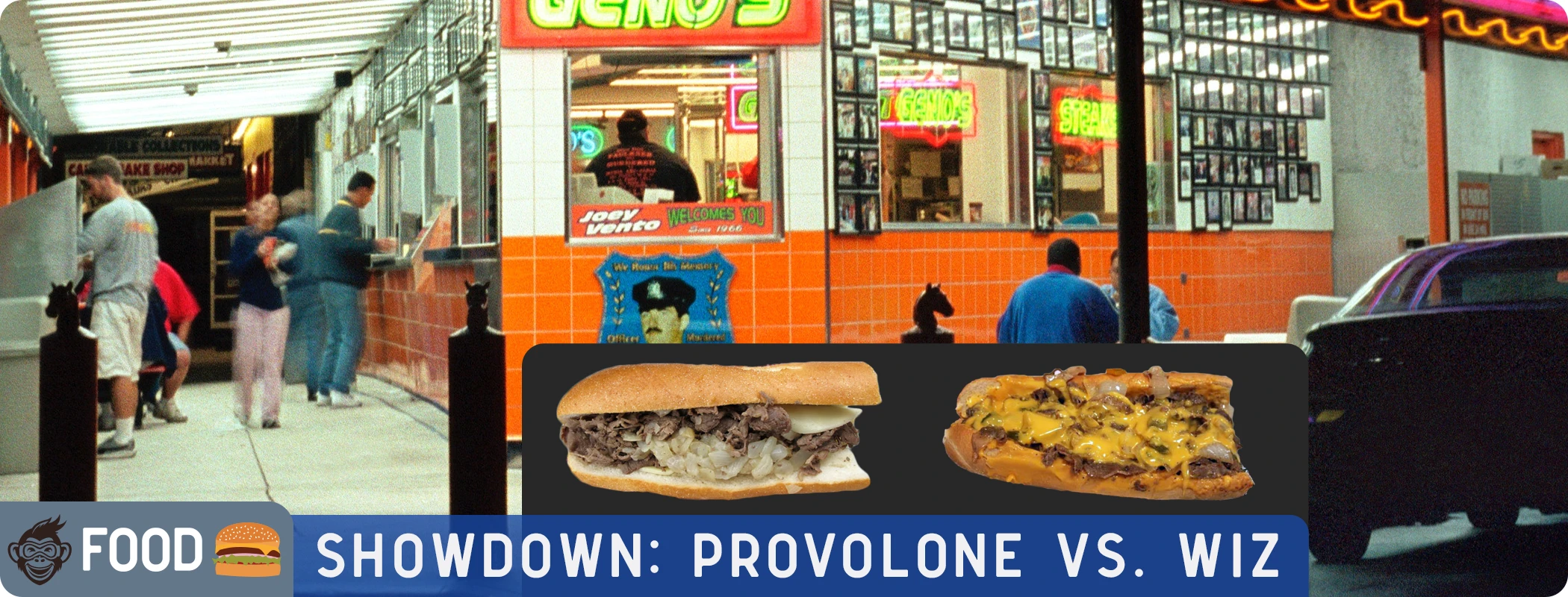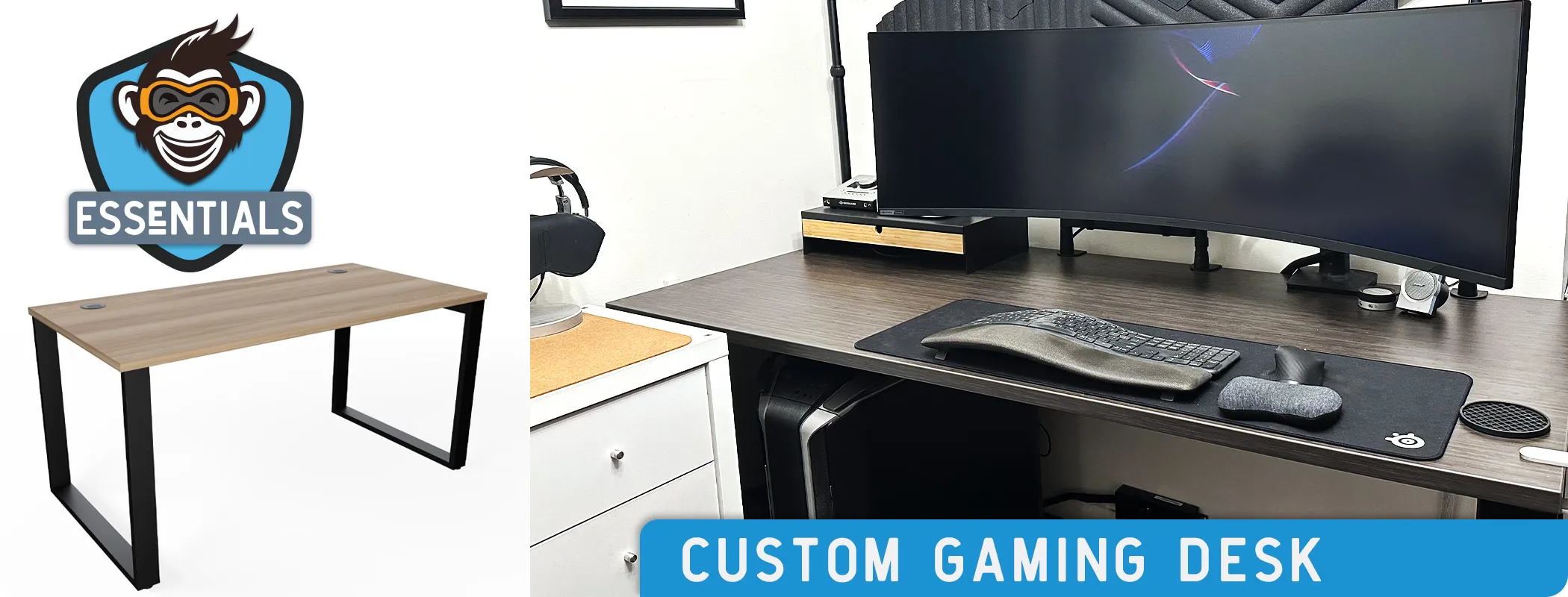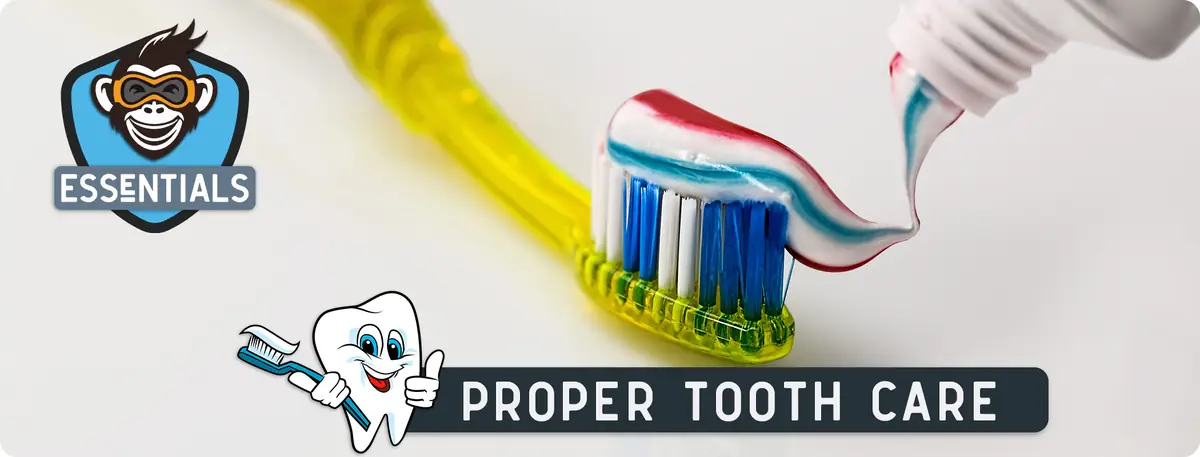
Real Health Which Diet Is Right For You
Dieting sucks. Big time. Giving up the foods you’ve eaten regularly for years, decades in some cases (I’m looking at you, Stouffer’s French Bread Pepperoni Pizzas) is hard to do both mentally and even physically to an extent, as giving up certain types of foods cold turkey can make you feel about the same as you might after giving up drinking or smoking. Still, the ends are worth it. Life is just a lot better when you feel happier and more energetic.
There are a lot of diets that get tossed around, many of which claim to have miraculous effects on your health. Here’s your one-stop guide to the most popular ones.
The Juice Diet - Popularized by the documentary Fat, Sick, and Nearly Dead (which more likely than not is still available on Netflix), the main gist of this is that you live solely off of juices made from fruits and vegetables, with the thinking being that you’ll lose weight and improve your health by replacing mildly poisonous processed foods with loads of micronutrients and fiber. It seems like it would work and most people sorely need to increase their micronutrient intake, but the lack of protein will make it almost impossible for you to build or even maintain muscle unless you’re packing those things to the brim with tons of soy.
Atkins - This is basically a low carb, high protein and fat diet that seeks to put you into ketosis, a state where your body is so carb-depleted that it runs off of fats instead of carbs. It sounds great and you’ll drop ten pounds of water weight (which can immediately come back) in the first two weeks, but in my experience, it’s not really any better than a typical diet that’s low in fats, moderate in carbs, high in protein, and low in calories. The reason it does tend to work is that it’s such an extreme change for some people that it makes them really focus on what they’re eating and forces them to change, but it’s not for everyone.
The Paleo Diet - Similar to Atkins in that it tends to kick you into ketosis, the paleo diet is basically just eating what cavemen would, and believe me, it’s not fun. You cut out everything from your diet that’s not natural and live solely off of meats, nuts, and vegetables. Obviously, this means no breads or soda, but it also can be taken to an extreme and mean no milk, ketchup, sweeteners, or anything like that. I did this last year and it was phenomenal, both as far as fat loss and strength gains, but it’s tough to maintain because of how hard it is to maintain when you go out to eat. If you’ve got a high school reunion or a UFC tryout coming up, go for it, but otherwise only commit to this if you know you’re disciplined enough to stick to a diet for a long period of time. What’s the point of dropping 20 pounds in a month, only to gain it back three months later after a cheesecake and Pepsi binge?
The South Beach Diet - This is sort of like Burn Notice in that you know it exists and have a friend of a friend who’s into it, but no one actually does it.
Weight Watchers - This is basically just limiting your calories and making sure to eat a balanced diet, it just dresses everything up in this “points” system based on macronutrients in the food. It’s fine and works for a lot of people, especially if they go to the meetings. Just keep in mind that just because you’re following Weight Watchers doesn’t mean you need to buy the foods, since most of it is highly processed and loaded with sodium.
The Old Standard - This isn’t a formalized diet so much as a general consensus reached among 20 and 30 something year old dudes who are into working out. Basically, you figure out how many calories you need to eat each day to lose weight at a reasonable pace - for a 6 ft, 200 lb guy, it’ll be about 2,000 - if you work out a few times a week. From there, you move on to your macronutrient needs. It’ll vary depending on your muscle mass and activity levels, but generally, you’ll look to have a breakdown of roughly 150 grams of protein, 150 grams of carbs, and 50 grams of fat each day, with a little bit less in terms of protein if you don’t lift weights. It’s easy to stick to, but it’s not as extreme as some of the other ones out there, so the results are a bit slower. Still, if you’re just concerned about your long-term health and wouldn’t mind dropping ten pounds in two months, this is the way to go.
Good luck with whatever you choose, just remember to be healthy!
About the Author

Thomas Pruitt
Thomas lifts all morning, works all day, writes all night, and sleeps when no one's looking.
Share This Article
 Check These Out
Check These Out
Content not available. Please disable site blocker to view.
About Stray Monkey
Stray Monkey is your source for entertainment, travel, and lifestyle content that's a little off the beaten path.
Learn more about us








